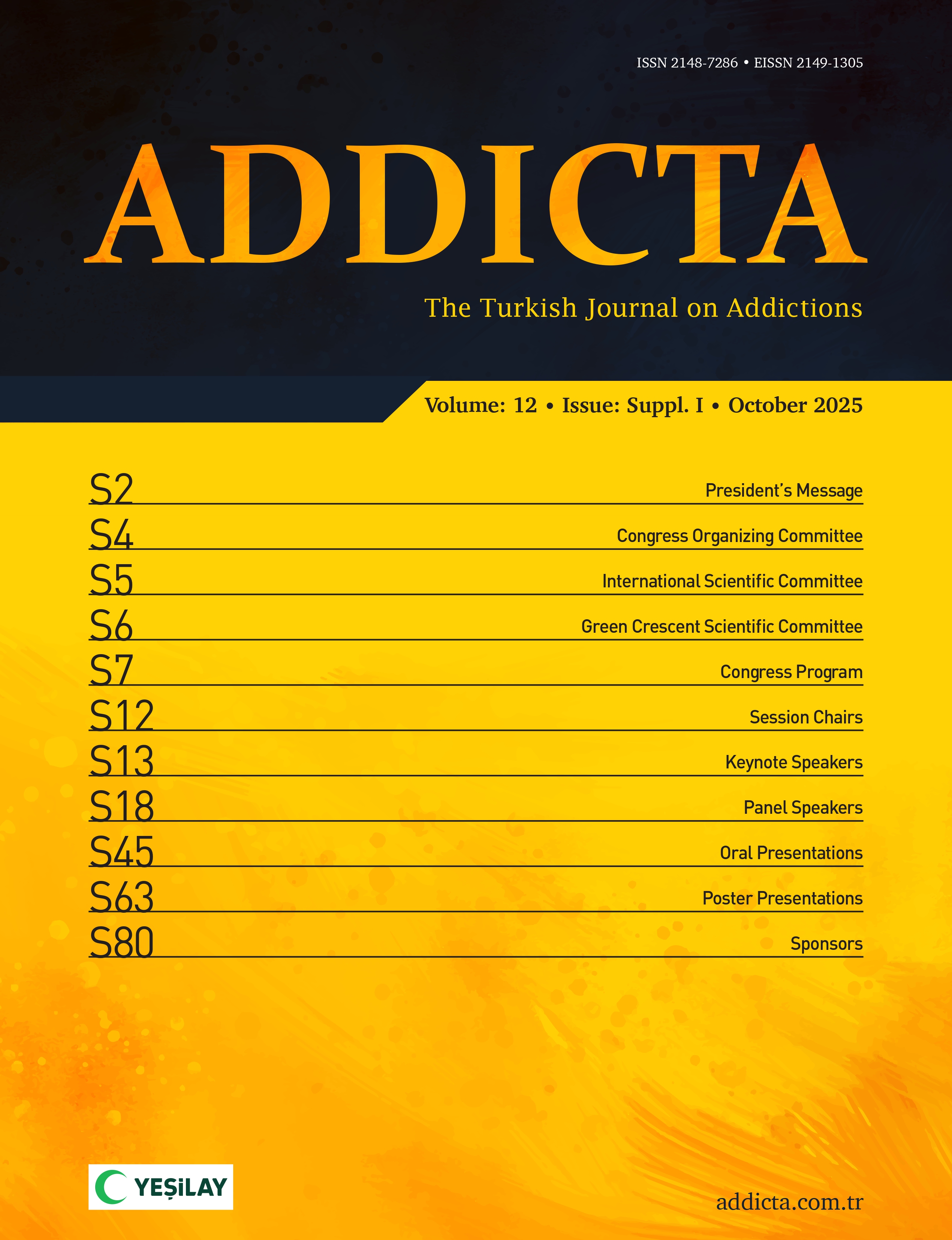This study analyzes the practical implementation and judicial reception of the paradigm shift introduced by Article 191 of the Turkish Penal Code, which reframed the state’s response to drug users from a punitive to a rehabilitative model. Employing a qualitative document analysis, the study thematically analyzes 44 purposively sampled decisions from the Criminal General Assembly of the Court of Cassation issued between 2005 and 2024. Findings reveal that the judiciary’s adaptation was a complex process marked by initial cognitive resistance, procedural confusion, and the development of counter-principles. Key results include the judiciary’s creation of an “incorrigible offender” profile to set limits on rehabilitation through risk assessment, and the emergence of a “ripple effect” that gave users a unique legal status by interacting with other legal institutions. The study concludes that a significant gap exists between the “law in books” and “law in action,” highlighting that the success of legal reforms depends not only on legislative text but also on the adaptive capacity of the judicial system and a holistic anticipation of systemic consequences.
Cite this article as: Havle, N. (2025). From a punitive reflex to a rehabilitative philosophy: the Turkish judiciary’s cognitive challenge with Article 191 of the Turkish Penal Code. Addicta: The Turkish Journal on Addictions, Published online XX X, 2025. doi:10.5152/ADDICTA.2025.25461.

.png)


.png)
.png)